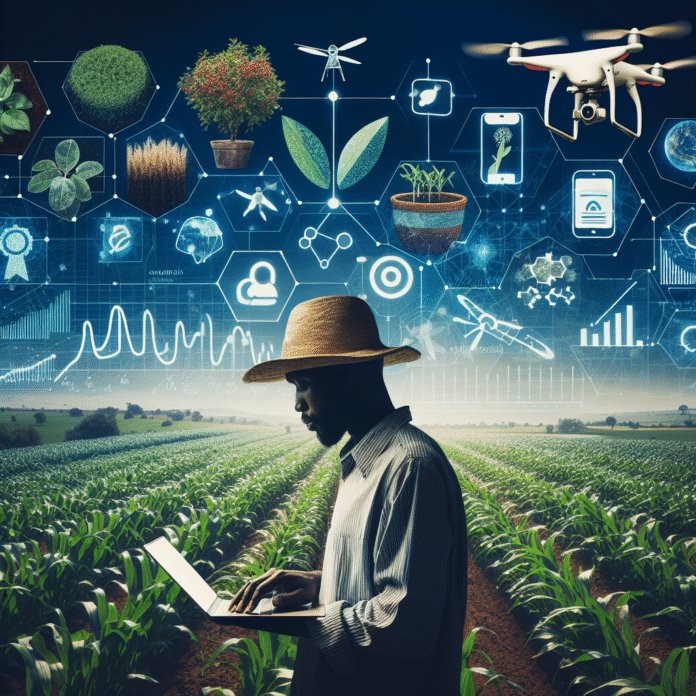Digital Solutions Enhance Livelihoods of African Smallholder Farmers
“`html
Transformative Impact of Digital Solutions on African Smallholder Farmers
Digital solutions in agriculture are revolutionizing the livelihoods of smallholder farmers across Africa, enabling them to enhance productivity, access markets, and improve their overall quality of life. By leveraging technology, these farmers can overcome many of the traditional challenges they face, ultimately leading to more sustainable agricultural practices and increased food security.
Enhancing Access to Information
One of the most significant benefits of digital solutions is the access to vital information. Farmers can now receive real-time data on weather patterns, pest outbreaks, and best farming practices through mobile applications and online platforms. This information empowers them to make informed decisions, optimize their crop yields, and reduce losses.
Market Connectivity and Fair Pricing
Digital platforms facilitate direct connections between farmers and buyers, eliminating intermediaries that often exploit price disparities. Through e-commerce and mobile payment systems, smallholder farmers can sell their produce directly to consumers or retailers, ensuring fairer prices and greater income stability.
Financial Inclusion and Support
Access to financial services is crucial for smallholder farmers to invest in their operations. Digital solutions such as mobile banking and microfinance initiatives enable farmers to secure loans, manage savings, and make transactions easily. This financial inclusion helps them purchase necessary inputs and adopt modern farming techniques.
Capacity Building and Training
Digital tools also play a crucial role in capacity building. Online training programs and resources provide farmers with the skills and knowledge needed to adopt innovative agricultural practices. This education can lead to improved crop management, sustainable farming methods, and resilience against climate change impacts.
Data-Driven Farming
The integration of data analytics and precision agriculture technologies allows farmers to monitor their fields more effectively. By utilizing sensors and drones, farmers can gather insights on soil health, crop growth, and irrigation needs, leading to more efficient resource use and higher yields.
Sustainability and Environmental Stewardship
Digital solutions also contribute to environmental sustainability. By enabling farmers to implement precision farming techniques, these technologies help reduce water consumption, minimize the use of fertilizers and pesticides, and promote biodiversity. This shift towards sustainable practices is essential for maintaining the health of ecosystems and ensuring long-term agricultural viability.
Conclusion
In conclusion, the adoption of digital solutions in agriculture is a game-changer for African smallholder farmers. By enhancing access to information, improving market connectivity, providing financial support, and fostering capacity building, these technologies pave the way for meaningful livelihood improvements. As the agricultural landscape continues to evolve, it is essential to support and scale these digital innovations to empower farmers and create a more sustainable future for African agriculture.
“`


